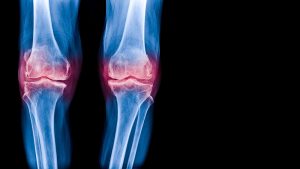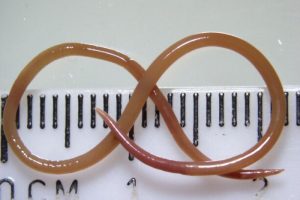The pair of kidneys is one of the most important organs in our body. It is commonly known for its excretory function – filtering 200 litres of blood daily to produce around 2 litres of urine. It is an important organ with many other functions, such as maintaining the human body’s blood pressure, electrolyte balance and calcium level. When kidneys do not function well, dialysis is the technique we use to artificially remove excess water and waste products from our bodies. It is now an essential and routine medical procedure commonly prescribed for patients with kidney diseases.
Here are 6 questions that you may have with regards to this fairly common management for kidney diseases.

Figure 1: Dialysis
1. When do I need dialysis?
Dialysis is needed when your kidneys fail to perform their duty. Usually, it will be introduced when a patient loses 85-90% of normal kidney function.
Modelling data suggests that more than 2.9 million renal patients in Asia need dialysis, with many of them not able to access this procedure. However, this practice and mode of management is on the rise and has a much better prognosis for patients with kidney diseases.
2. What does dialysis do?
- Remove waste product of body’s metabolism
- Remove extra salt and water in the blood
- Maintain electrolyte levels, such as potassium, sodium and bicarbonate
- Control blood pressure within normal range
3. How is dialysis performed?
There are 2 major types: haemodialysis and peritoneal dialysis.
Haemodialysis
This form diverts blood into an external machine, where it’s filtered then pumped back to the body. Most people need 3 sessions a week, with each session lasting 3-4 hours. It can be done at a hospital or at home.
- Two needles will be inserted into your blood vessels. One for blood to go out of your body, one returns blood back
- The dialysis machine is made up of several layers of membranes which act as filters
- The filtered waste will be expelled from the machine
- The filtered blood will be pumped back through your blood vessel
Peritoneal dialysis
Dialysis fluid (also known as dialysate) is pumped into the space inside your abdomen to draw out waste products from the blood passing through vessels lining the inside of the abdomen. It is commonly done 4 to 5 times a day with each session lasting around 40 minutes. It is commonly done at home.
- A cut will be made below the belly button
- A thin tube (catheter) will be inserted into the cut and permanently attached to the abdomen
- A bag containing the dialysate fluid (clean fluid) will be attached to the catheter and allow the fluid to flow into the abdominal cavity
- The dialysate fluid will displace the waste products and excess fluid in the blood passing through the abdomen
- The old fluid will be drained into the bag with new fluid passed into our circulation
4. How long do I need dialysis for?
- It is important to know that dialysis does not treat kidney conditions. It only artificially helps your kidneys do their job.
- You will no longer need this form of management once your kidneys at least partially regain their function.
5. How does dialysis affect my life?
Most patients are able to live a healthy and happy life while still on dialysis. Many public and private insurances may also cover some or all of the cost.
- Travel: most hospitals have facilities for dialysis; check with destination hospitals when planning your trip.
- Work: indoor office work is preferred over heavy labour-based work.
- Diet: diet modification is needed for renal patients with or without dialysis. Find out more about the dietary changes required for a renal patient in our upcoming article!
6. Are there any alternatives?
The ideal solution is to treat the underlying renal conditions. Dialysis will no longer be required once kidney function is at least partially recovered. Kidney transplant, which involves the transfer of a healthy kidney from a living or deceased donor to kidney disease patients, may be a viable option. However, patients normally need to wait for at least a few years to find a match and be put on top of the list.












